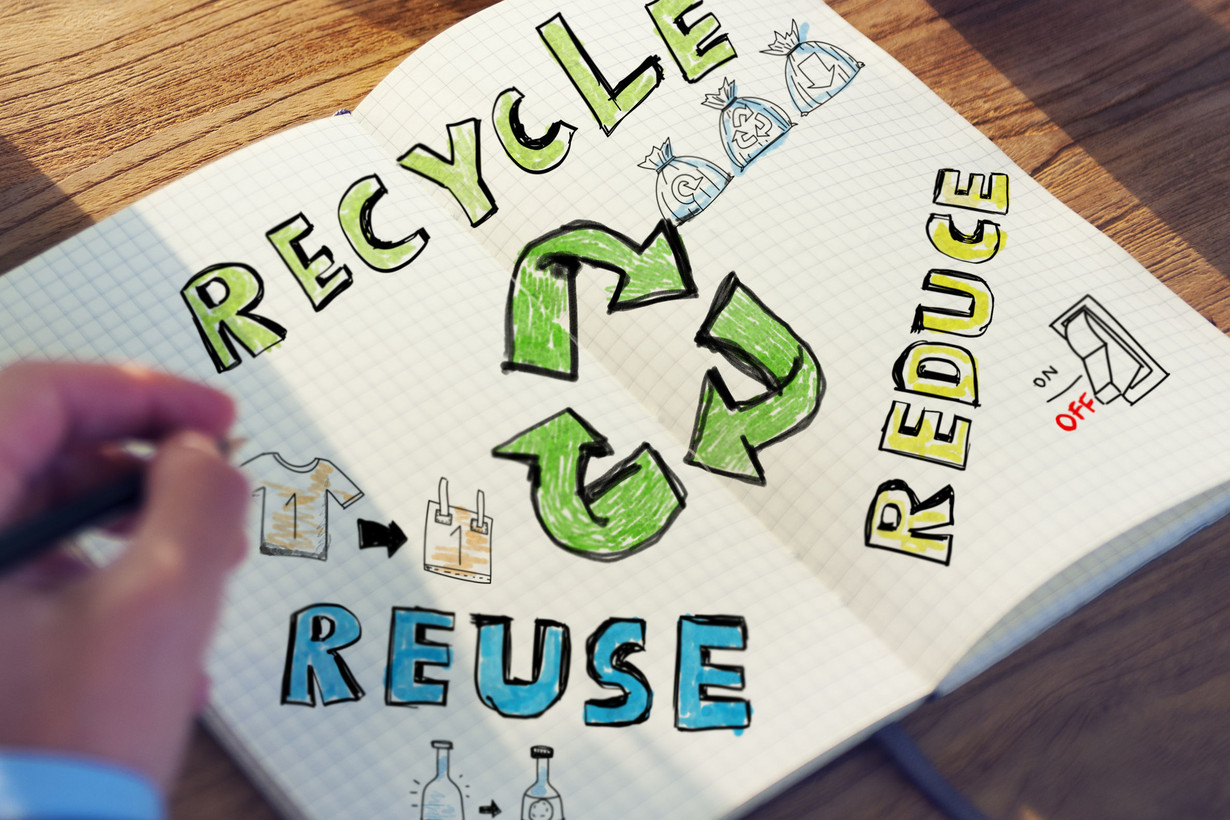
Big conferences are generally known to leave a big carbon footprint. EERA and the Local Organisers of ECER therefore aim to lower the environmental impact of the annual conferences by looking at all aspects of the conference organisation, such as registration, communication, travel, catering, waste disposal etc and finding the most sustainable solution.
Below you will find an overview of what you can do, and what we do.
How can You as a Delegate Make Your Conference Experience Green?
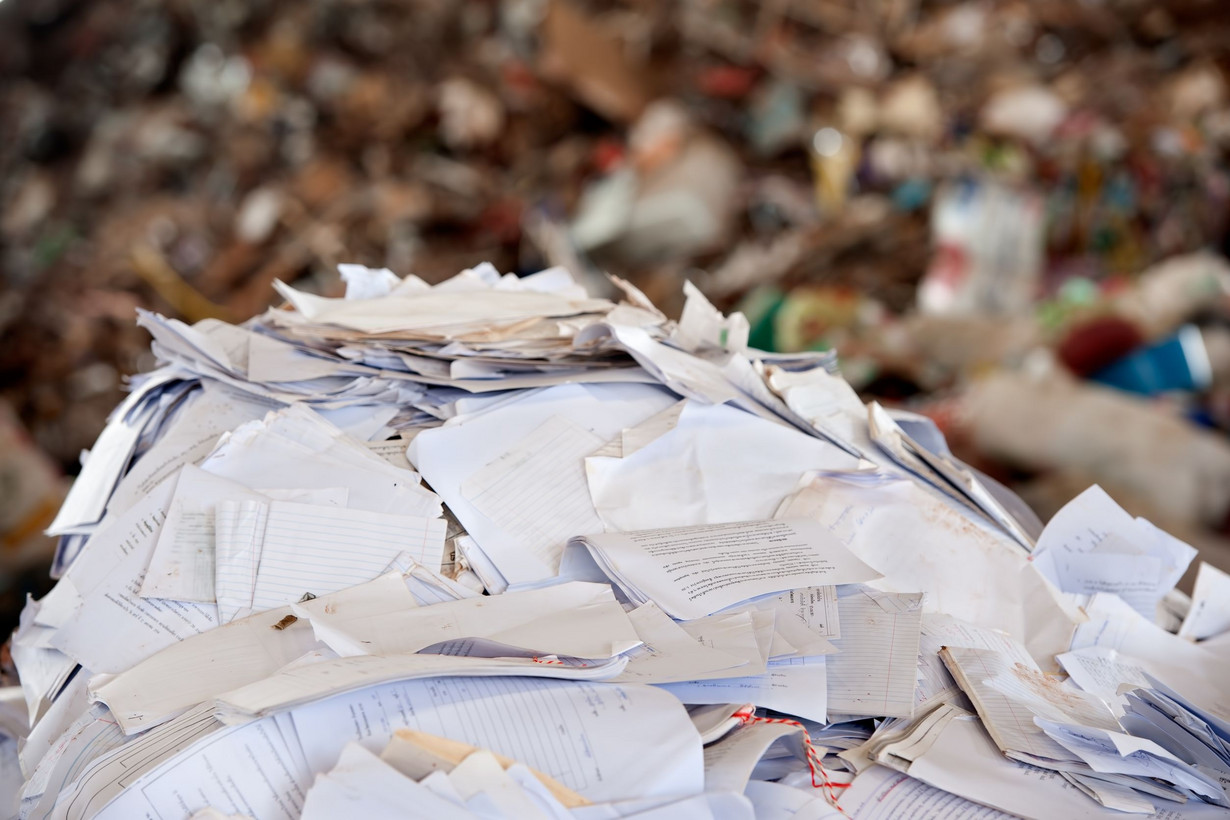
Print as Little as Possible
- Use the conference app (available shortly before the conference) and online programme. Save paper and energy by opting out of receiving the printed conference programme when you register for the conference. There will be Info-Screens und Info-Points at the venue for you to get all the information necessary.
- Please carefully consider whether printed handouts are necessary. If they are, use as little paper as possible by printing on both sides.
- Please only print a paper copy of your certificate of participation if you require a stamp and signature. You can download the digital pdf version from your user account.
- When printing your poster for the poster conference, make sure to use recycled or FSC-certified paper. If you want to print your poster at the venue, we can recommend the print shop “Repro Lüdke” in Schlüterstraße 50 - 52.
- All participants will have access to the wifi on campus. Just bring your own mobile device and you are good to go!
Compensate for your CO² Footprint
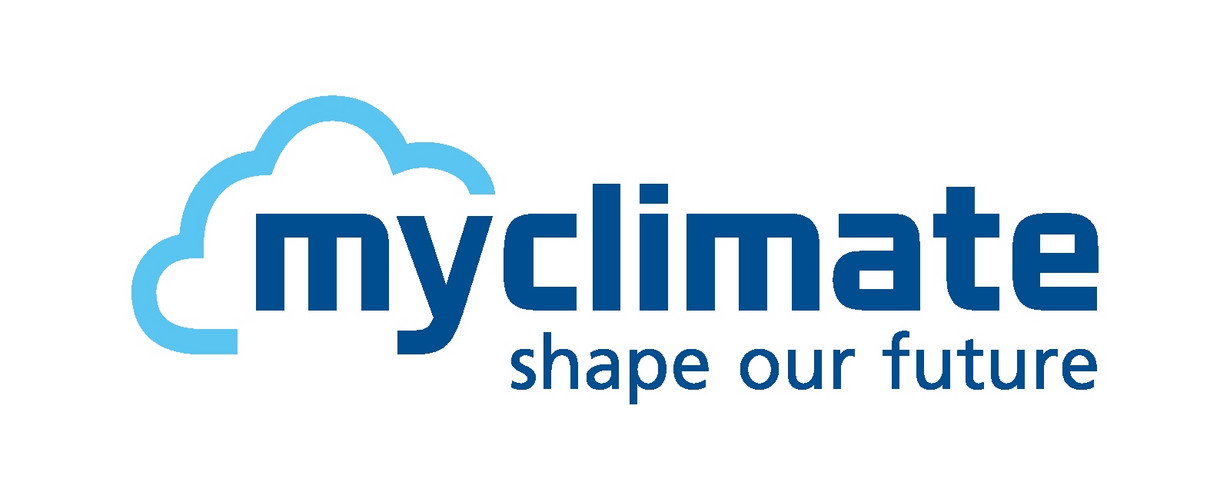
Concerning your CO² footprint, how you get to the event matters the most. For those travelling by aircraft or car, we recommend you compensate your CO² footprint. EERA cooperates with “myclimate”, a Swiss non-profit organisation engaged internationally in climate education and awareness to support climate protection projects.
Learn more about myclimate and how to compensate your CO² emissions.
German participants, or those who live close to the border, can make use of the DB Event Ticket, see more info on the right. For our guests from Austria and Switzerland, the nightjet is a nice alternative to a short distance flight and will get you straight into the center of Hamburg.
Use Public Transportation or Rent a Bike!
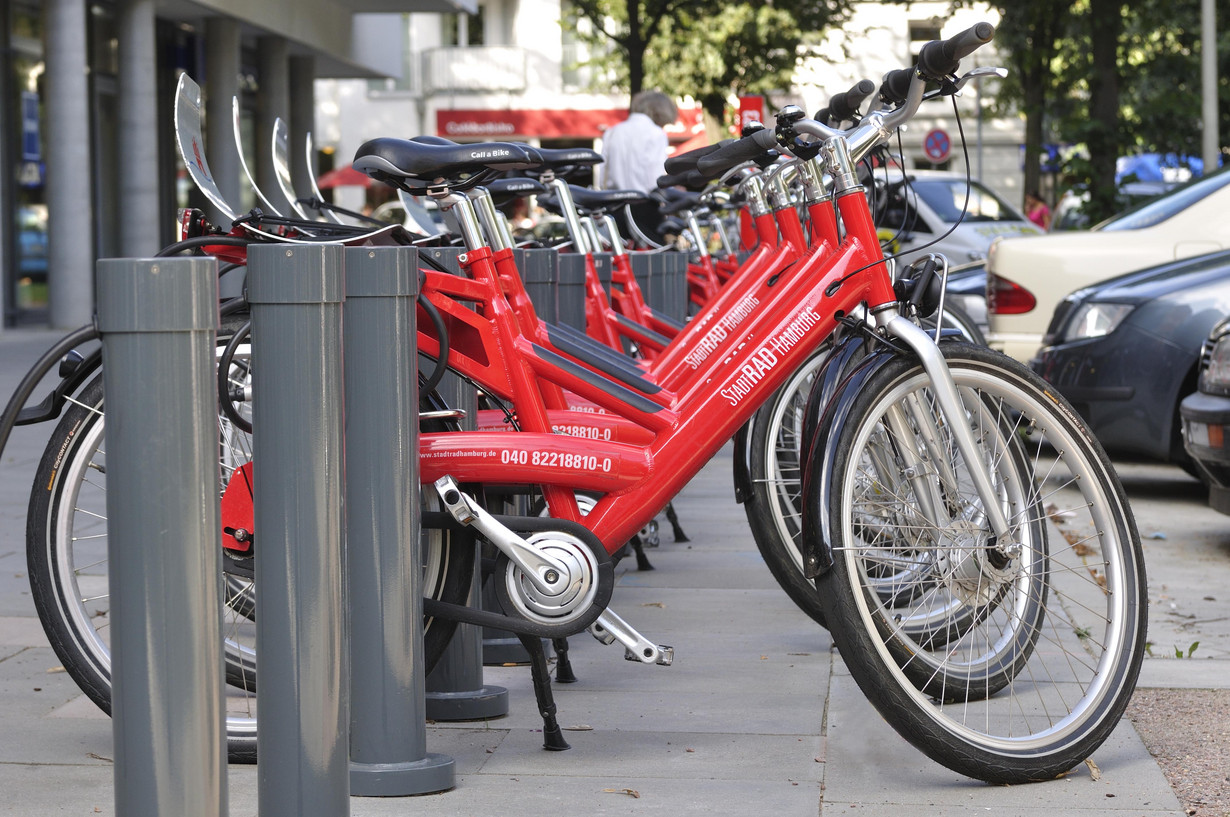
- The public transport in Hamburg has a tight net of train and bus lines which connect mostly every 10 minutes. We really encourage you to use it, it’s nearly always the fastest way to get around. Public transportation information can be found at the Hamburg public transport website: https://www.hvv.de/en
- Free HVV Tickets for all ECER Participants! Good news: Your ECER 2019 conference badge (which you will receive at check-in) will also serve as a pre-paid ticket for the HVV, the Hamburg public transport, valid from 2 - 6 September 2019. This is a 24 hour ticket for the entire Hamburg public transport system (trains, buses and ferries).
Our warmest thanks to our generous Going Green partner, the Otto Group, for making this happen! - For airport transfer, the new ride-sharing service MOIA might be just the right thing for you! https://www.moia.io/en
- If you would like to see more of Hamburg, get around without delays and without stress, renting a city bike is the best option! Just register via the homepage or the app and you are good to go. The first 30 minutes of each trip are even free of charge. (https://stadtrad.hamburg.de/en/register)
Minimise Packaging Waste when Choosing Food and Drink
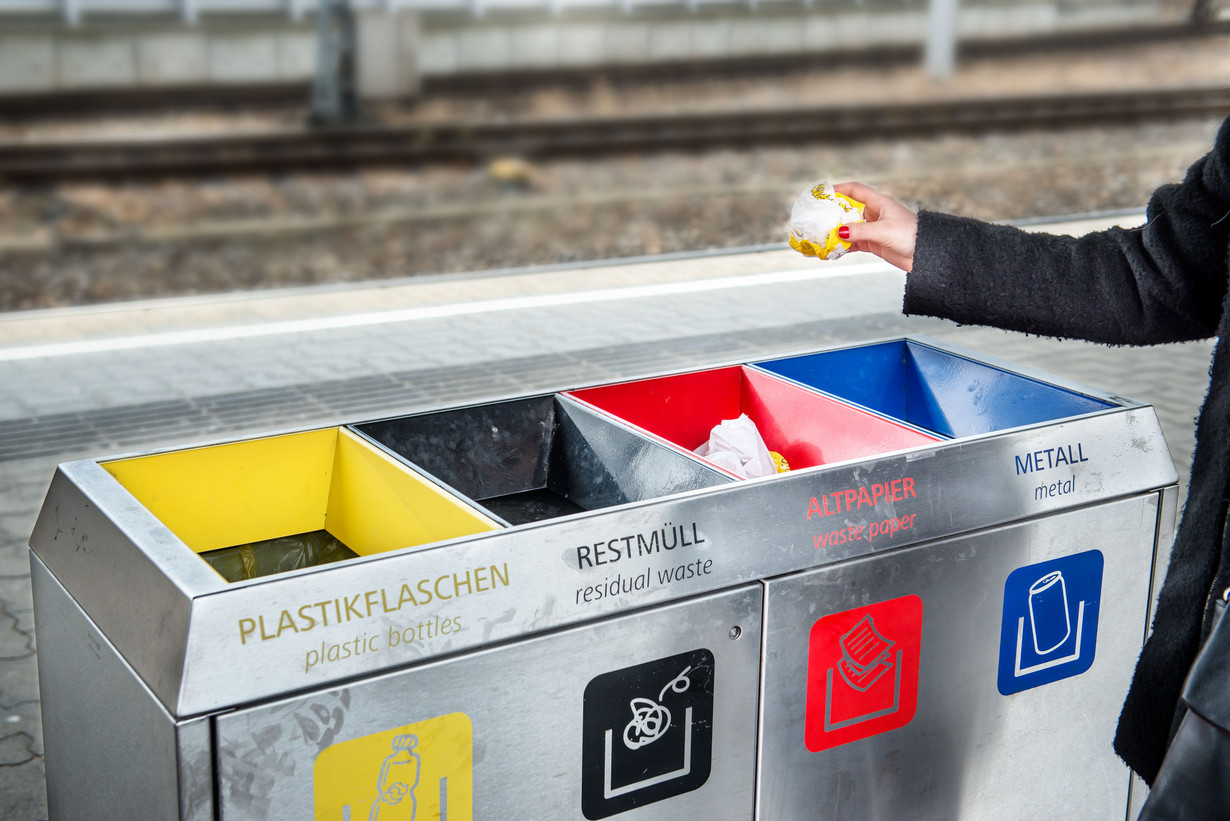
- Please support us in making this event as eco-friendly as possible by bringing your own refillable water bottle and using the “ECER 2019 conference coffee mug” you will receive with your conference bag for the coffee you get in the breaks.
- Tap water is potable in Hamburg. Bring your own reusable water bottle and you will have a healthy, cheap and eco-friendly drink with you at all times.
- If you are out and about in Hamburg and would like to refill your water bottle, these two things will make your life easier: bring-your-own-bottle and fill it at one of Hamburg's drinking water columns.
- For lunch, instead of getting something to take away which produces packaging waste, go to the cafeteria on campus (Studierendenwerk), it offers a wonderful salad bar and several warm dishes (vegetarian & vegan options as well).
- Bring your own cup: If you want to explore the coffee shops on campus but still want to keep it sustainable, simply ask your barista to fill the coffee straight into your own reusable coffee mug (some of the coffee shops give even a little discount for this).
- And in case you have forgotten your mug: Recup is a new recycling system for coffee mugs. You basically rent a reusable cup in exchange for a deposit (1€), which you can then return to every participating partner shop. Just look out for the RECUP stickers that partners put on their entry door or visit their official website .
Recycle
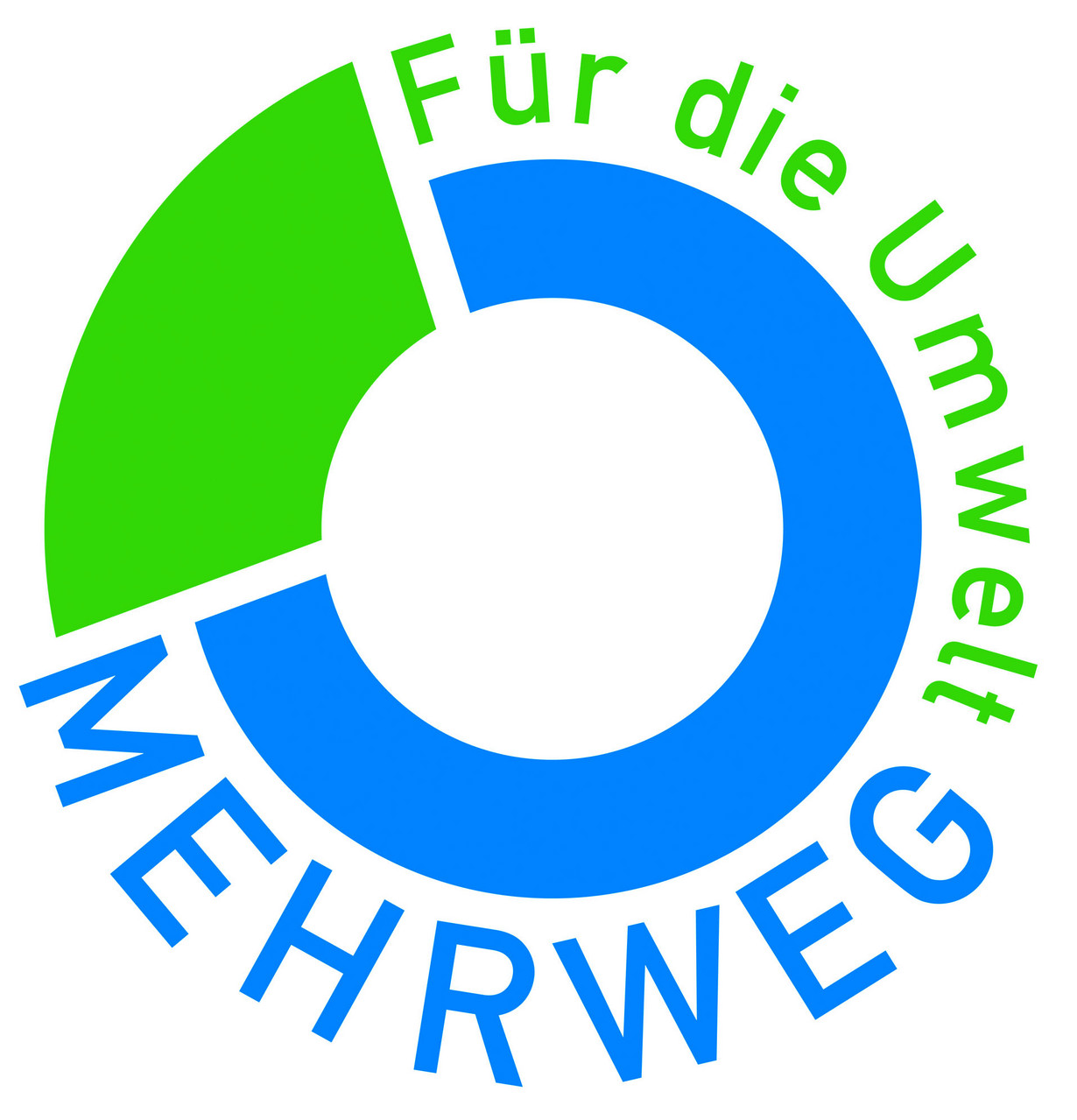
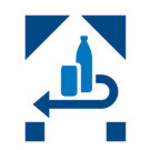
- On site, as well as all around Hamburg, a recycling and composting system is in place. Please make sure to use the appropriate bins.
- The German deposit system: In Germany, most empty glass and plastic bottles, as well as aluminium cans, are not trash - they are basically money.
If you find the symbols on the right on your bottle, you pay a deposit (“Pfand”) when buying it, which you will get back when returning the empty bottle at a shop. - “Pfand gehört daneben” (Bottles belong next to (not in) trash containers): Since many people throw away their empty bottles instead of returning them to a shop, a campaign was initiated to encourage people to leave their bottles next to trash cans.
This is not only more sustainable (the bottles can then be recycled more easily) but it can also be seen as an act of solidarity, since people who need the deposit money to master everyday life can pick up the bottles without having to search the trash cans. So always remember: bottles do not belong in trash cans! - To support the “Pfand gehört daneben” (bottles belong next to (not in) trash conatiners) initiative, students of the University of Hamburg launched a project to collect empty bottles: They put up old old beer crates next to trash containers on campus for people to easily discard and pick up used bottles. There are already ten of these collecting points installed. Look out for these points on campus and leave your „Pfand“ bottles there.
How ECER and EERA are Becoming Greener
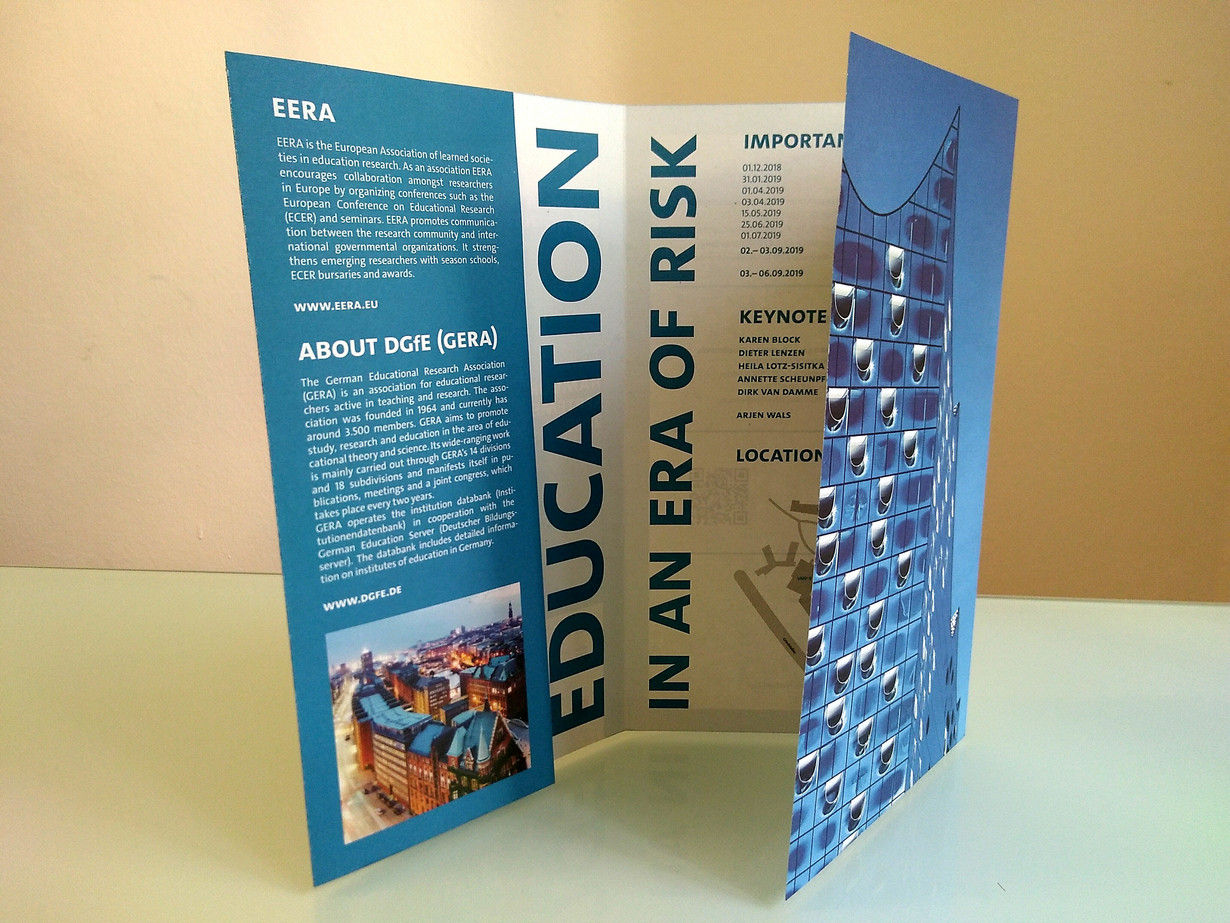
Printing and Other Materials for the Conference
- Since 2008 EERA has had a paper-free conference management system for participant registration and payment.
- All conference information (flyer, venue booklet, printed programme etc) is printed on recycled, FSC free paper.
- The conference bag is re-usable.
- We have reduced the number of printed programmes by offering delegates the possibility to opt out of receiving one. At ECER 2018 more than 50 % of the participants took advantage of this resource-saving option.
Food and Drinks at the Conference
- Vegetarian and vegan options are available and clearly marked at our catering spots.
- Local producers as well as regional and seasonal products are used when possible.
- We only offer fair trade coffee and tea. All fruits offered at the conference catering spots come straight from the fruit growing area “Altes Land”, which is located near Hamburg.
- There won’t be any plastic cups at ECER 2019! When registering at the check-in desk you will receive a conference mug, which you will use during the whole conference for all your drinking needs.
- There won’t be any (plastic) bottled water either. Big water dispensers will be provided throughout the buildings, so feel free to bring your own bottle to refill.
Universität Hamburg
- In the context of ECER 2019, we have organized the seminar „Sustainability, the university, and me". The students actively engage in sustainability-projects that relate to all stakeholders at the Universität Hamburg – from administration and students to conference-attendees of ECER. The students are currently working on different ideas related to sustainabilty on campus and ECER 2019. These projects involve (amongst others) geocoaching and bee hotels. We will keep you posted!
- The Universität Hamburg aims to become a University for a Sustainable Future in research, teaching, education, and administration.
- The Universität Hamburg purchases its electricity exclusively from renewable energies.
- If you are interested in more details: There are many good examples of staff and student sustainability initiatives in studies and teaching, research, and administration at Universität Hamburg - presented on sustainability maps.
EERA Office
- The EERA Office prints as little as possible and uses recycled paper, and we are ardent (re-)users of scrap paper.
- We only use eco-friendly cleaning products.
- Whenever possible, we upgrade the hardware of our PCs instead of purchasing new ones. If an additional PC is necessary, we buy it refurbished via the German partners of TechSoup, a non-profit organisation designed for making soft- and hardware affordable for the non profit sector.
Help Reduce the C02 Footprint
EERA cooperates with “myclimate”, a Swiss non-profit organisation engaged internationally in climate education and awareness to support climate protection projects. Check how to compensate for your travel.
Public Transport Links
ECER 2019 DB Event Ticket

The best way to travel: From € 54,90 (one-way) with the event ticket. Our tip: Be relaxed when you arrive — travel sustainably. Book Deutsche Bahn’s best price now! A special benefit for you, the participant! A fixed price across the republic: your event ticket from any DB train station in Germany.
